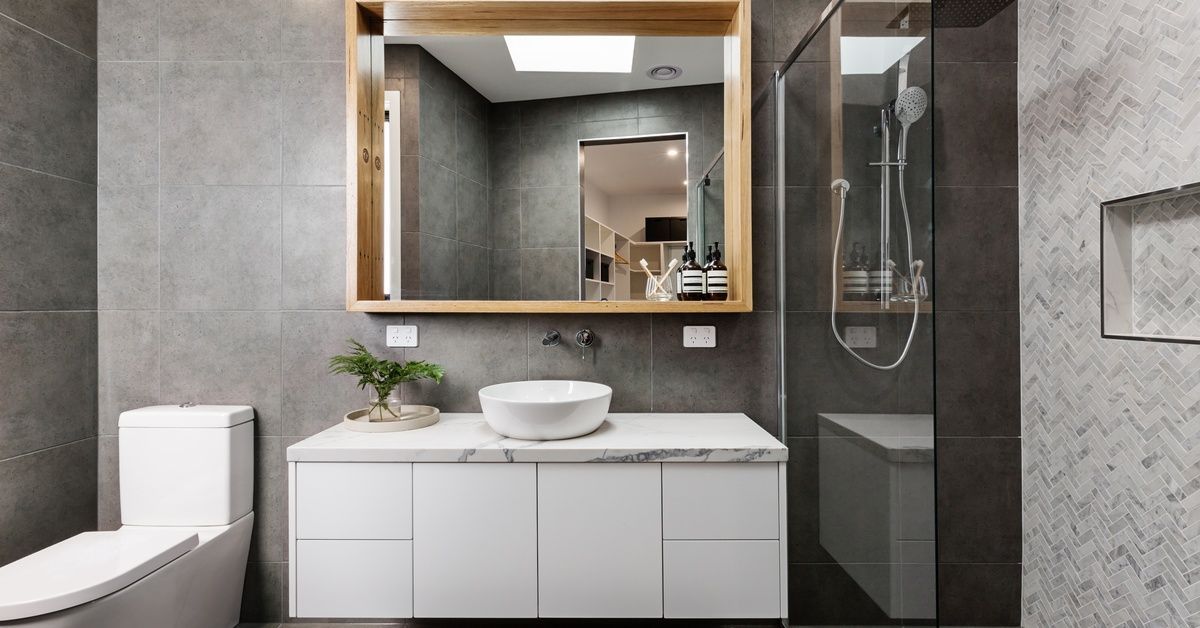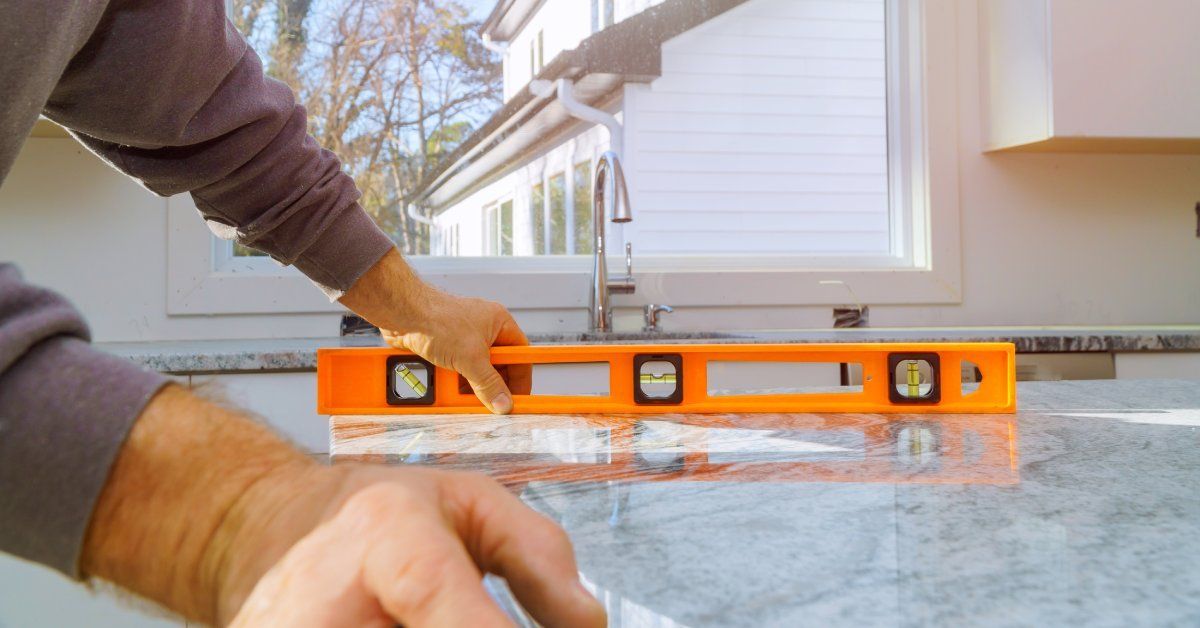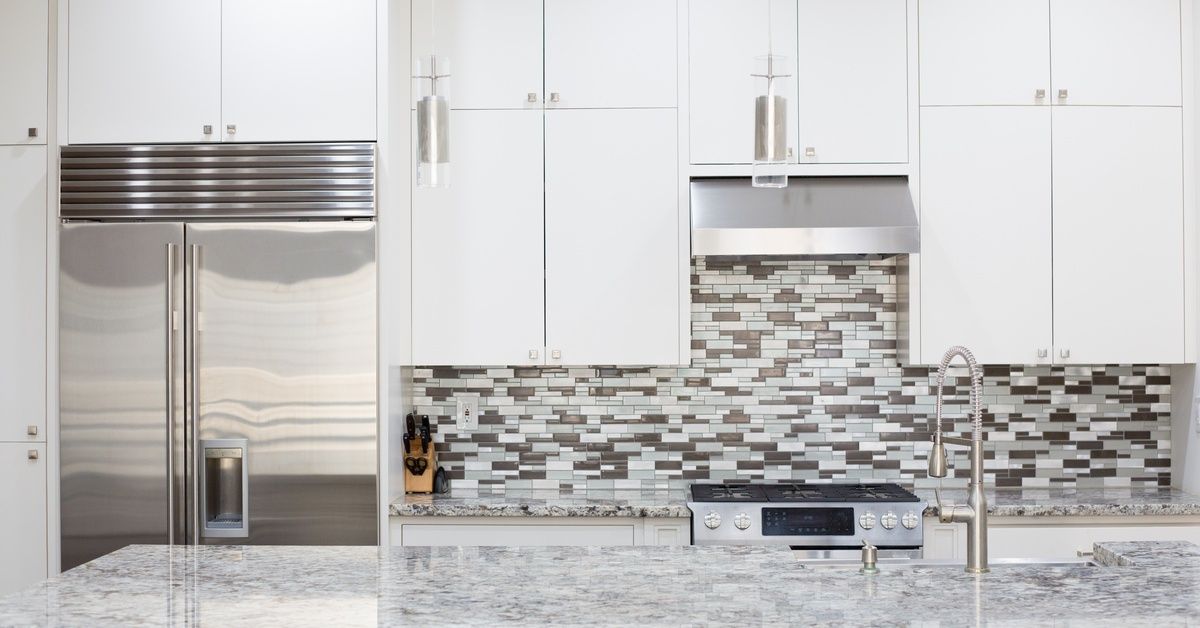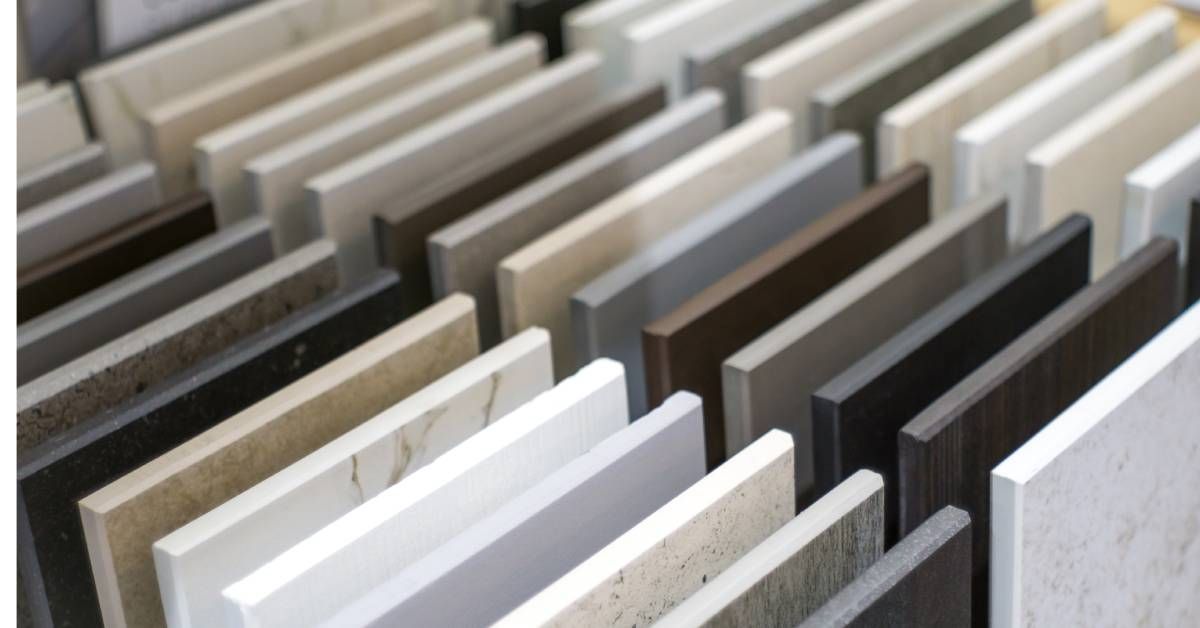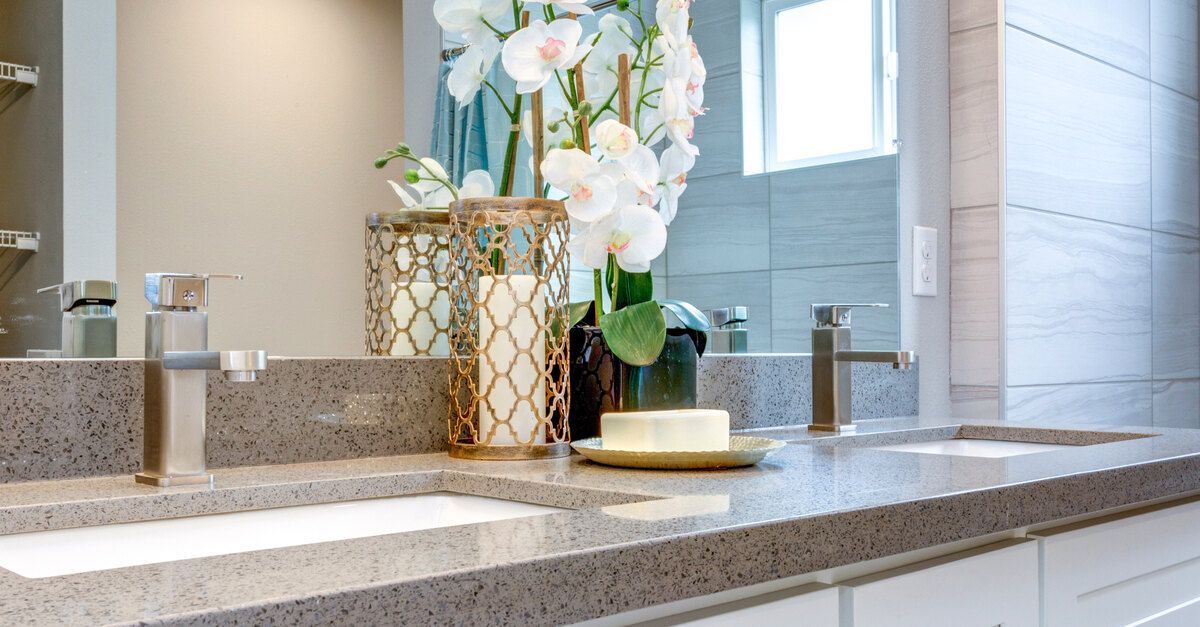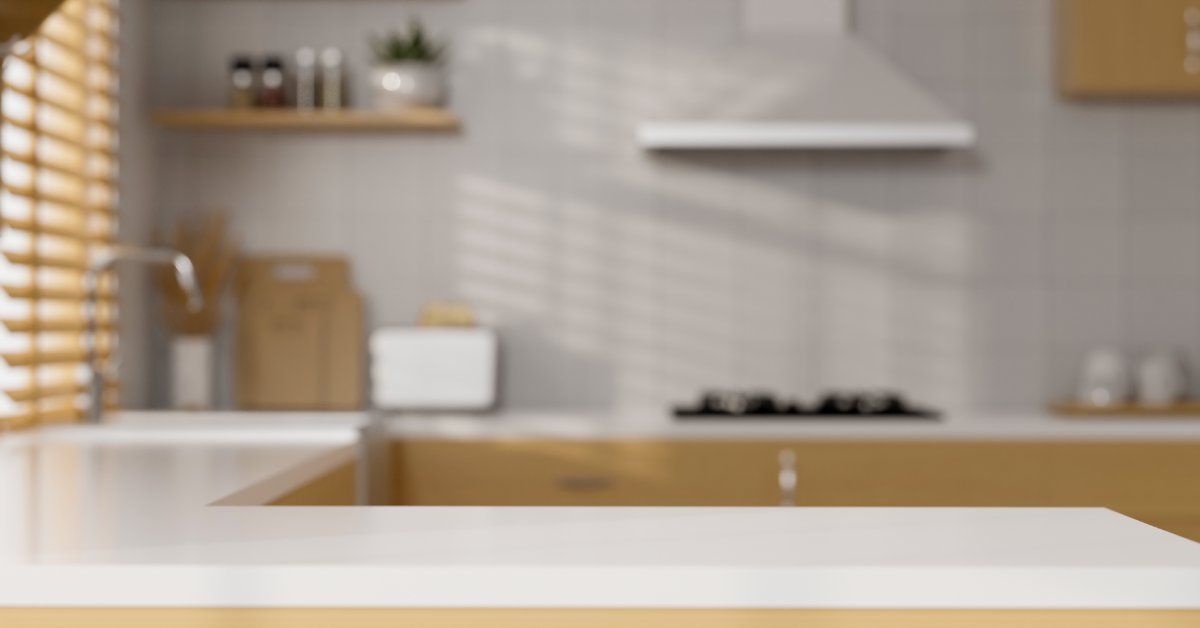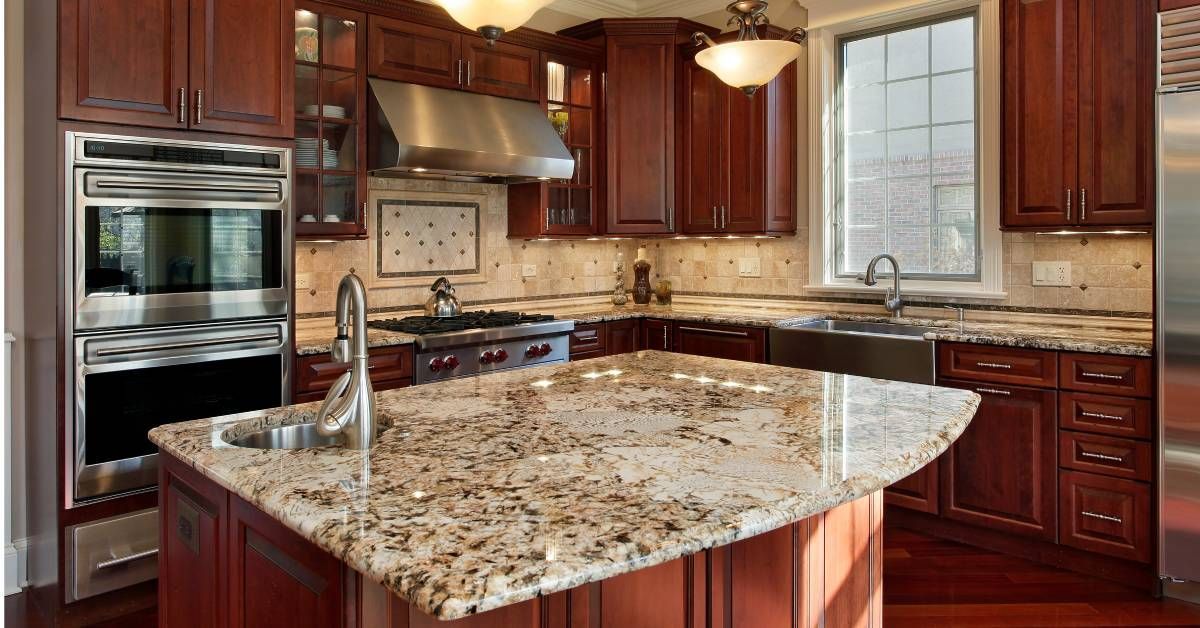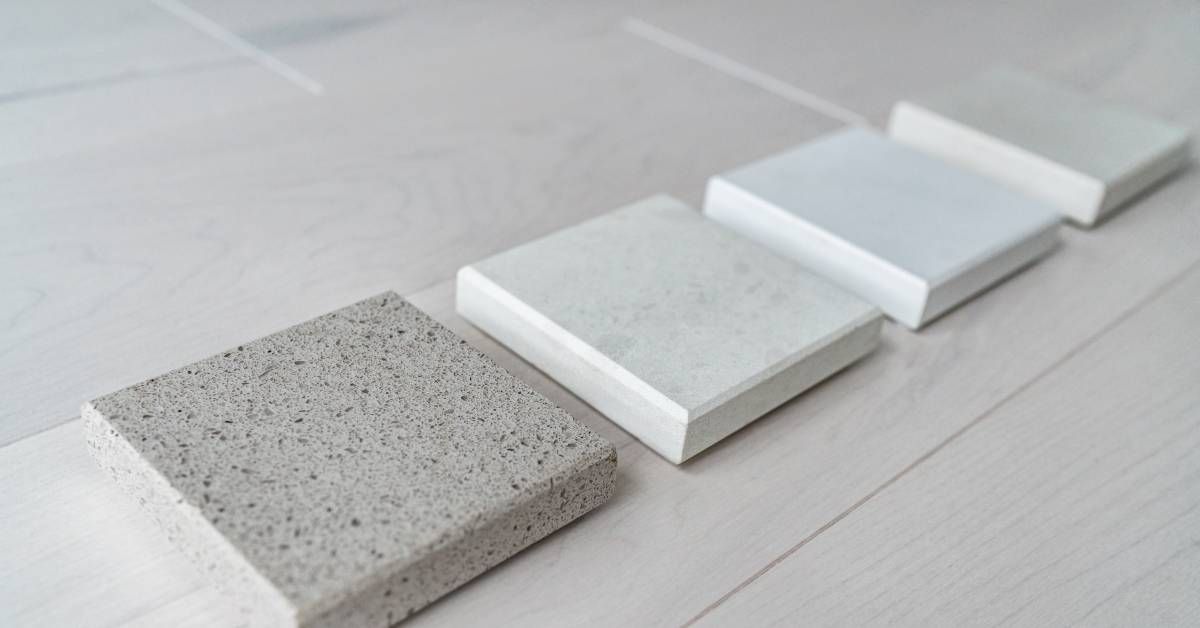Granite vs. Quartz Countertops: Which Should You Choose?
A good countertop should blend seamlessly into your home to feel as deliberate and comfortable as any other part of your interior design. Simply put, choosing the right countertop is no small decision.
After all, it’s one of the most prominent features in any kitchen or bathroom. Not only does it need to suit your style, but it also has to meet the demands of your daily life. For homeowners, it’s about finding that perfect balance between aesthetics and practicality. For retailers, understanding the key selling points of different materials can make a world of difference in connecting with your customers.
If you’ve been debating between granite and quartz countertops, you’re not alone—they’re two of the most popular options for good reason.
So, which should you choose? Let’s break down granite and quartz countertops so you can see what makes each option so useful.
Understanding Granite Countertops
Granite is typically the first material people think of when picturing a high-end kitchen. It’s a natural stone that’s quarried from the earth, cut into slabs, and polished to bring out its unique, one-of-a-kind patterns. No two granite slabs are identical, which is a big part of its appeal. The intricate veining and specks of color give a kitchen or bathroom an elegant, timeless quality that’s hard to replicate.
The beauty of granite isn’t its only selling point. It’s also incredibly durable. Granite stands up well to heat, making it a solid choice if you often find yourself pulling hot cookware out of the oven. It’s resistant to scratches and chips, provided it’s treated with care.
However, there’s some upkeep required. Granite is porous, which means it has to be regularly sealed to prevent liquids from seeping in and causing stains. For some, this maintenance can be a deal breaker, which highlights one of the biggest reasons to look at quartz countertops.
Exploring Quartz Countertops
Quartz, on the other hand, offers a different kind of appeal. It’s a manufactured material created by combining natural quartz crystals with resin and pigments.
This manufacturing process not only makes quartz incredibly durable, but it also gives it a consistent look that you simply can’t get with natural stone. If you like the idea of a sleek countertop with a uniform pattern, quartz might be just what you need. Plus, it comes in a wide range of colors and finishes, giving you plenty of design flexibility.
One of quartz’s biggest advantages is its low maintenance. Unlike granite, it doesn’t require sealing because it’s non-porous. This makes it resistant to stains and bacteria, which is a huge bonus in kitchens and bathrooms.
However, quartz isn’t entirely perfect. It’s not as heat resistant as granite, so you’ll want to use trivets or hot pads to protect it from damage. As you can see, when reflecting on whether you should choose granite or quartz countertops, one thing is very clear—both materials have their ups and downs. So, let’s take a closer look to determine the right option for anyone’s specific needs.

Key Factors for Decision Making
Ultimately, the choice between granite and quartz comes down to your personal preferences, lifestyle, and priorities. Granite’s natural charm appeals to those who love authenticity and a bit of rustic elegance.
It’s perfect for homeowners who don’t mind the occasional upkeep in exchange for an unparalleled, natural aesthetic. Meanwhile, quartz is a go-to for anyone who craves convenience and prefers a modern, streamlined look. For families with busy schedules or for spaces where hygiene is a top concern, quartz is often the more practical choice.
Talking with industry professionals can make this decision even easier. They can walk you through the options, answer your questions, and even help you visualize how each material might look and function in your space.
Comparing Costs and Maintenance
Cost is one of the most significant factors influencing any countertop decision. Granite and quartz are generally in the same price range, but there are nuances to consider. Granite can vary widely depending on the rarity and origin of the stone. If you’re all about a dramatic, exotic slab, you could be looking at a higher price tag. Quartz, while generally more consistent in pricing, can also cost more for premium styles or finishes.
Maintenance is another key point of comparison. With granite, the sealing process is an ongoing task. While it’s not overly time-consuming, it’s something to keep in mind if you’re the “set-it-and-forget-it” type. Quartz, on the other hand, is nearly maintenance-free, with occasional cleaning being the main requirement. If longevity and ease of care are high on your priority list, quartz might edge out granite here.
Trends and Aesthetics
Current design trends often influence what homeowners gravitate toward. Granite, with its natural patterns and earthy tones, fits seamlessly into more traditional or rustic designs. It adds warmth and character to a space. Quartz, with its sleek and polished finishes, aligns better with modern and minimalist styles.
Its vast array of color options also allows for more creativity when designing a space. Both materials have their place in interior design, and either can significantly enhance a home’s appeal and resale value. At Vangura, we offer stone countertops in Pittsburgh, including both granite and quartz options that can range significantly in color. Remember, quartz and granite come in many different designs, so don’t settle for anything that doesn’t match your preferred style.
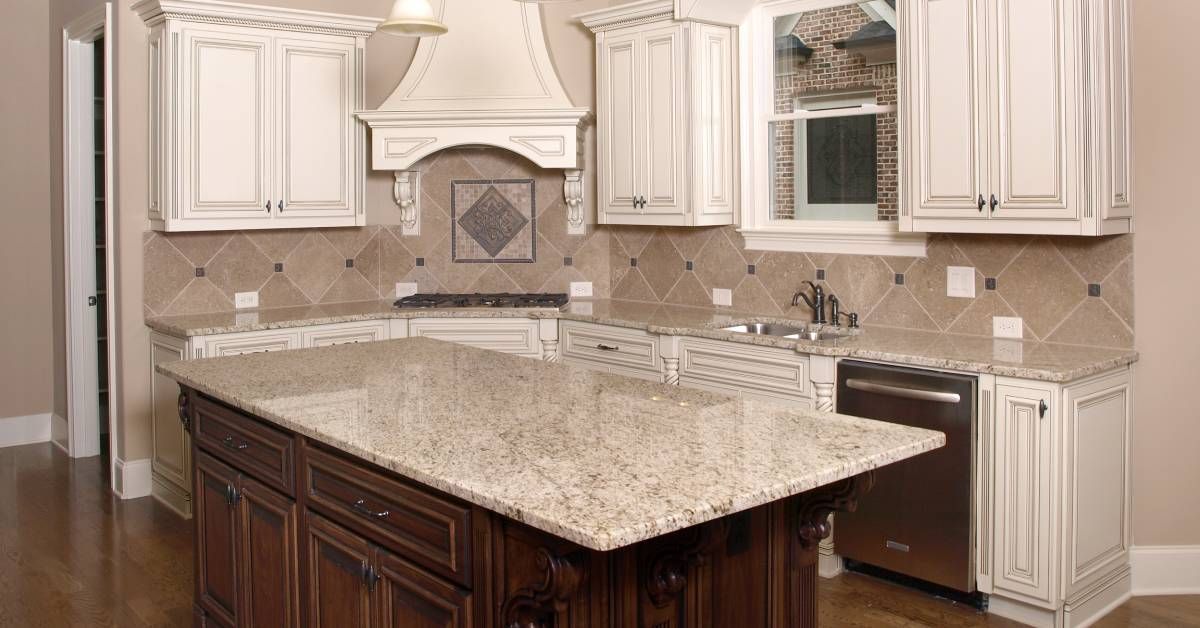
Making Your Decision
At the end of the day, the decision between granite and quartz is a deeply personal one. Both materials have their unique strengths and challenges, and your choice will depend on your design goals, lifestyle, and budget. The best way to decide? Visit a countertop showroom or specialists online that can provide digital visualizations of countertops.
That way, whether in person or online, you can see samples of granite and quartz firsthand, and talk with a professional who can provide tailored advice.
Elevate Your Space with the Perfect Countertop
Your countertop is more than just a surface—it’s a statement about your style and how you live. Whether you’re drawn to the timeless elegance of granite or the modern convenience of quartz, choosing the right material can enhance the heart of your home for years to come.
If you’re ready to explore your options, reach out to a retailer or take a look at some samples. And remember, the perfect countertop isn’t just about trends; it’s about what makes you feel at home.
per specific project ordered, other restrictions may apply.
Reach out to your Vangura sales rep for more information.


